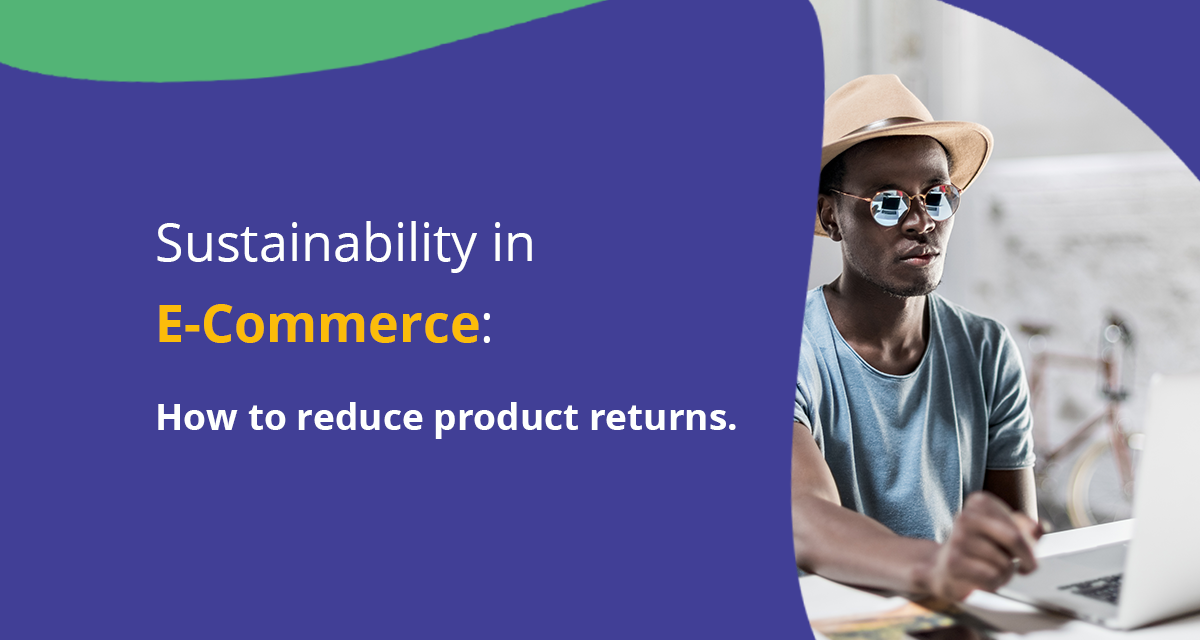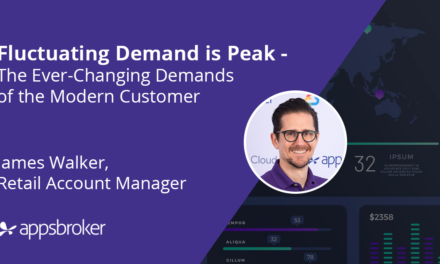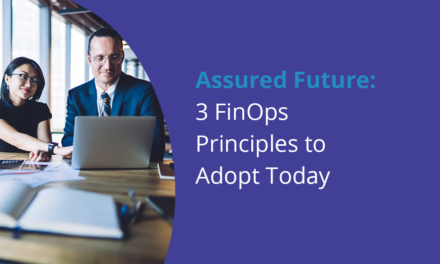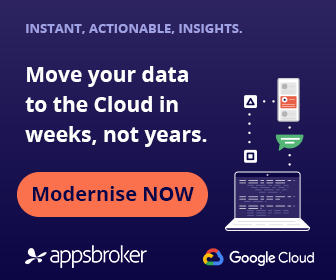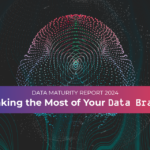It’s no secret that the retail and e-commerce sectors are under increasing pressure to reduce their carbon footprint. In this article, we reveal how you can leverage data to adopt more sustainable practices surrounding shipping and returns.
McKinsey’s recent ‘Fashion on climate’ report revealed that the retail sector was responsible for a staggering 2.1 billion tons of greenhouse gas emissions in 2018 (about 4% of the global total). To put this into context, the fashion industry emits the same amount of greenhouse gases per year as France, Germany, and the UK’s economies combined.
Ensuring sustainability in retail and supply chains is just as important as meeting customer demand. And, while the problem is complex, data can play a pivotal role in helping e-commerce organisations to reduce their carbon footprint.
Optimising your returns process is a great place to start.
How to reduce product returns in e-commerce
With the right data capabilities in place, your e-commerce organisation can analyse customer returns and disincentive unnecessary returns using:
- Predictive modelling to recommend the correct size based on previous customers who didn’t return items (ASOS is particularly good at this)
- Incentivising customers to leave detailed reviews to help others’ purchasing decisions (for example by being automatically entered into a prize draw or providing a discount code)
- More accurate sizing and style guides (based on customer behaviour and feedback)
- Enforcing returns fees for serial returners as a deterrence (to break the ‘order, wear and return’ cycle)
E-commerce companies can also provide customers with a variety of shipping options for less urgent buys, such as ‘no rush’ delivery services. This enables you to ship less time-sensitive orders in bulk, reduce costs, and free up valuable resources.
Contact us today to find out how we can help your organisation optimise its operations and delight customers while reducing wastage.
How can machine learning boost sustainability?
Monitor, identify, and eliminate wastage in supply chains
Aside from optimising the logistics process surrounding shipping and returns (such as using machine learning models to reduce waste), there are a growing number of additional ML use cases aimed at improving supply chain transparency.
Determine the provenance of raw materials
The provenance of raw materials from suppliers has come under increasing scrutiny in recent years. Machine learning models are now being developed to address this challenge and ensure materials from suppliers are indeed legitimate. This could include whether the ‘organic cotton’ you ordered really is organic and from a certified source as stated.
The Devil is in the data. Find out how we’re helping retail and e-commerce organisations leverage theirs to drive innovation on Google Cloud.
How sustainable is your cloud tech?
While production methods and supply chain practices have a lot to answer for, the technology you run your infrastructure on can also play a key role in sustainability.
Did you know? Google Cloud is the world’s largest renewable energy purchaser, and its global operations have been powered by 100% renewable energy since 2017! In fact, Google Cloud is the cleanest cloud in the industry. What’s more, Google is now working towards running all of its data centres on carbon-free energy, 24/7, by 2030.
By opting to run your infrastructure on renewable energy, your organisation can make a positive environmental impact every single day without lifting a finger.
Intelligent models, intelligent results: How we can help
At Appsbroker, we help leading retail and e-commerce organisations build data-driven solutions including bespoke machine learning models to reduce product returns, optimise supply chain operations, and drive revenue. But that’s not all.
Depending on your business’ goals and objectives, we can help you overcome your digital transformation challenges in weeks, not years. Whether you need an intelligent pricing strategy that adapts with the market, or smart monitoring tools to highlight bottlenecks and wastage in your supply chain, we’ll take you on the journey.
Click the button below to kick-start your digital transformation project today.
Talk to us to discover how your organisation can better harness its data to adopt more sustainable practices.

